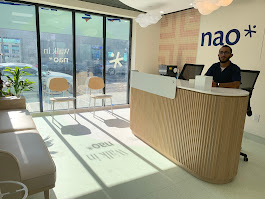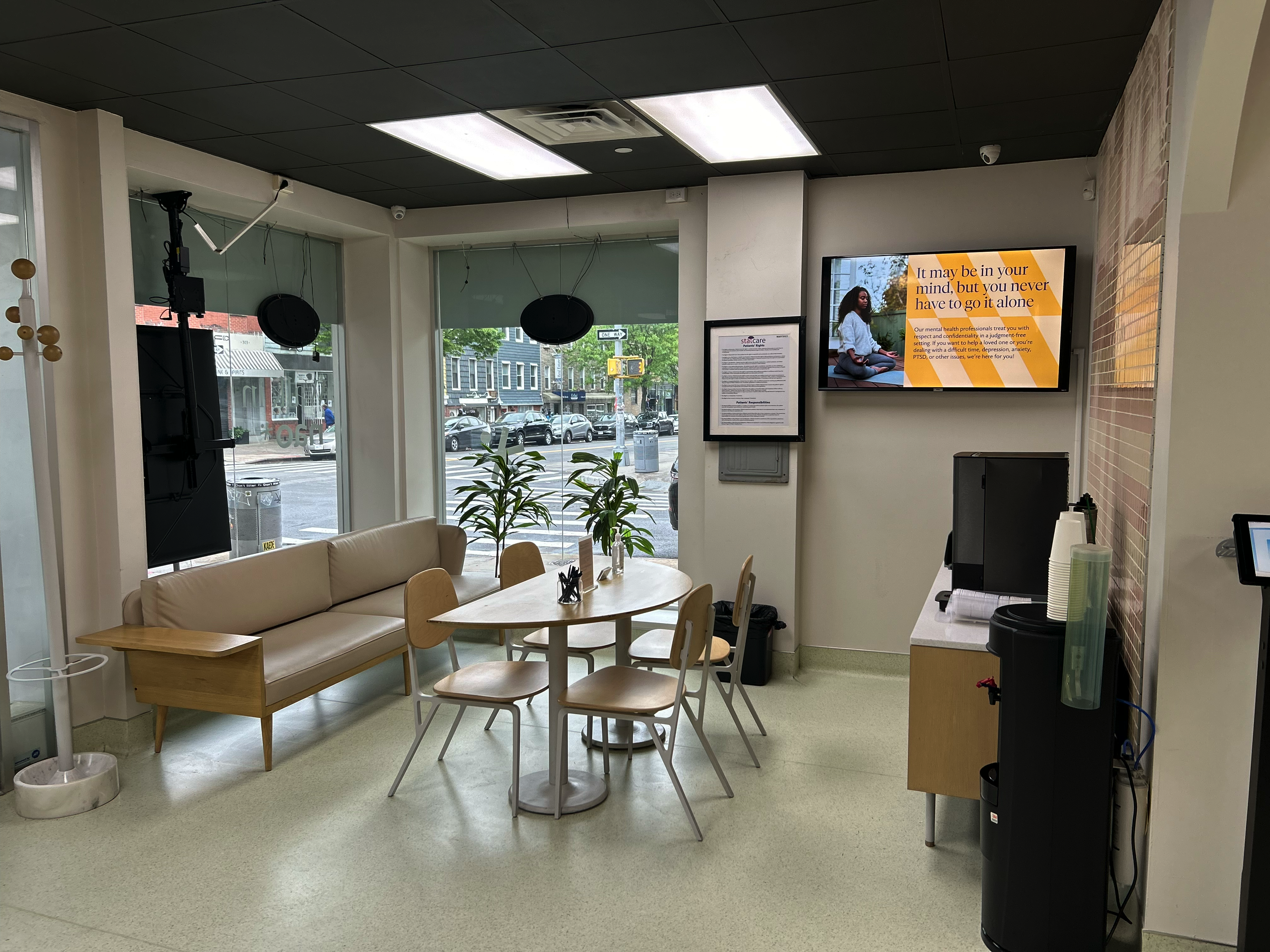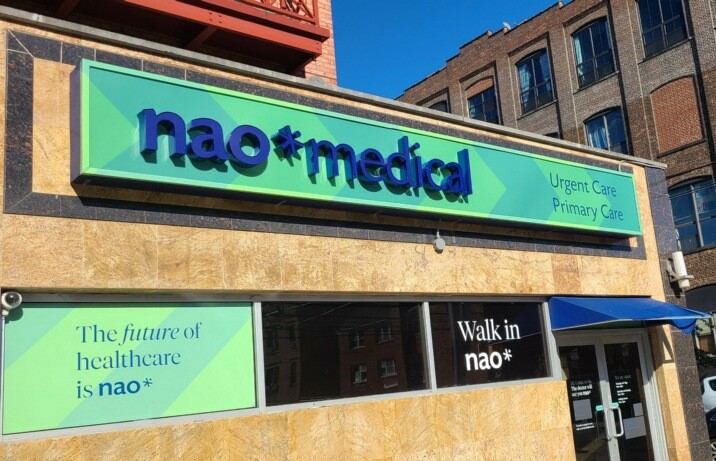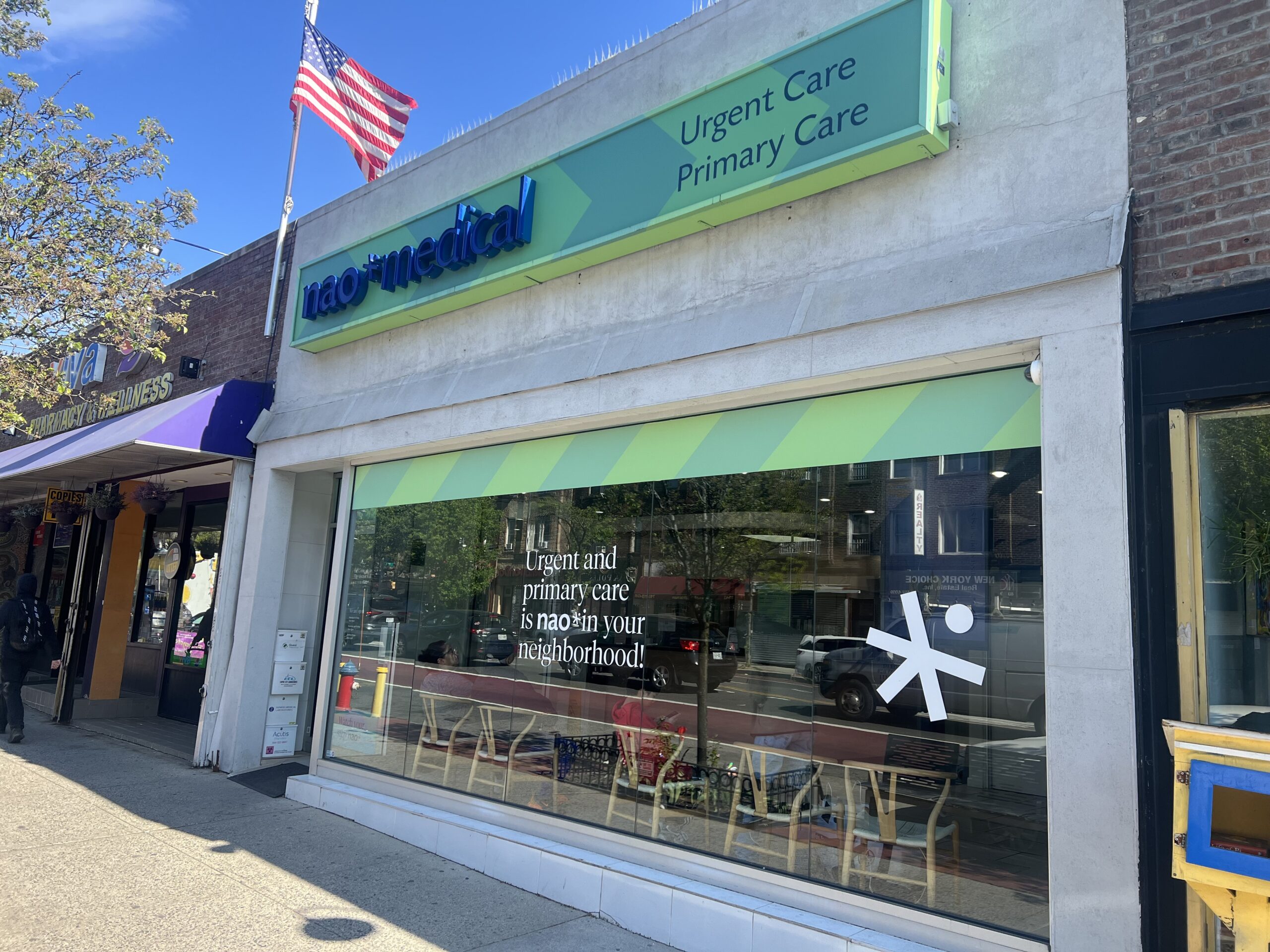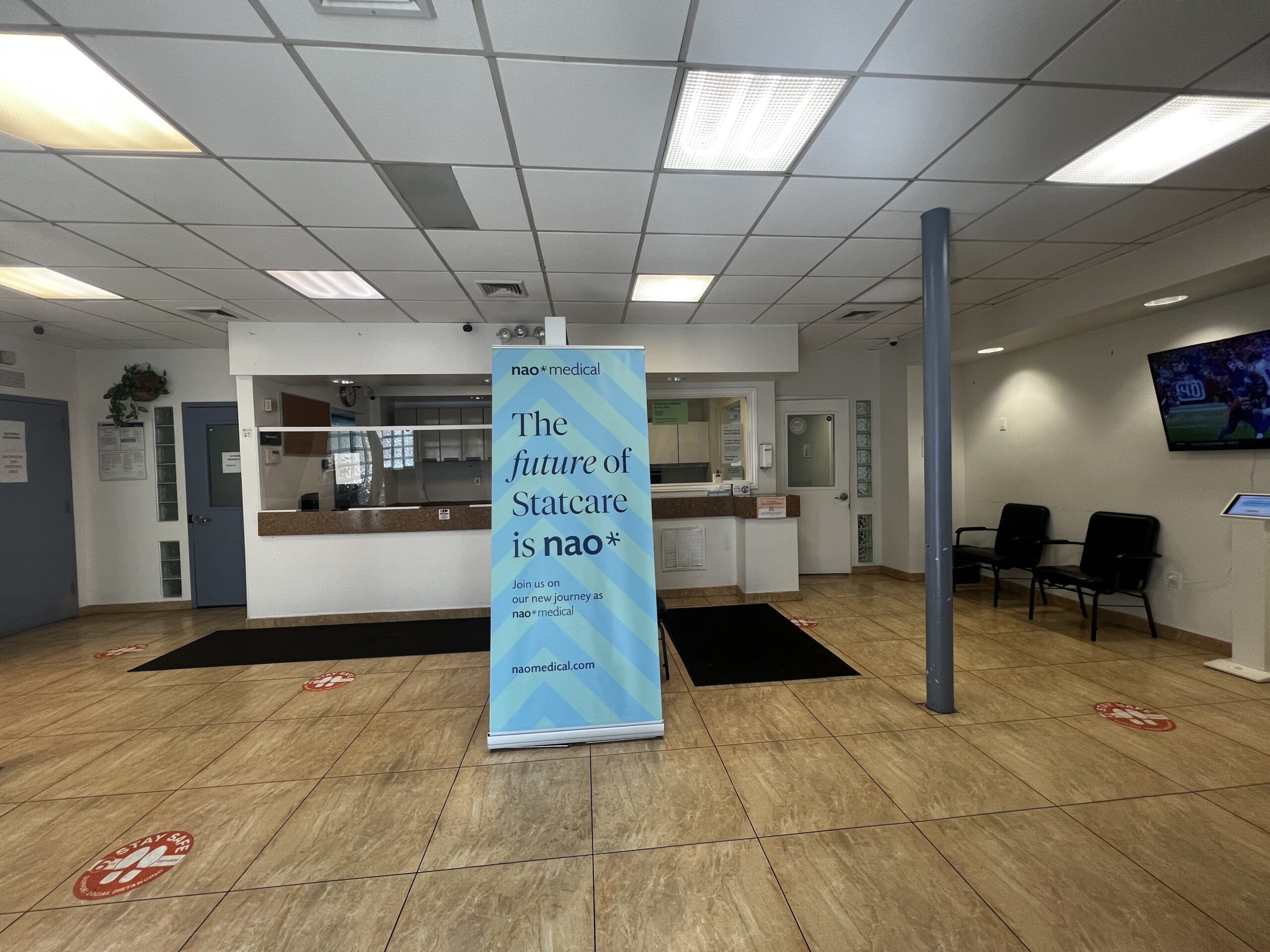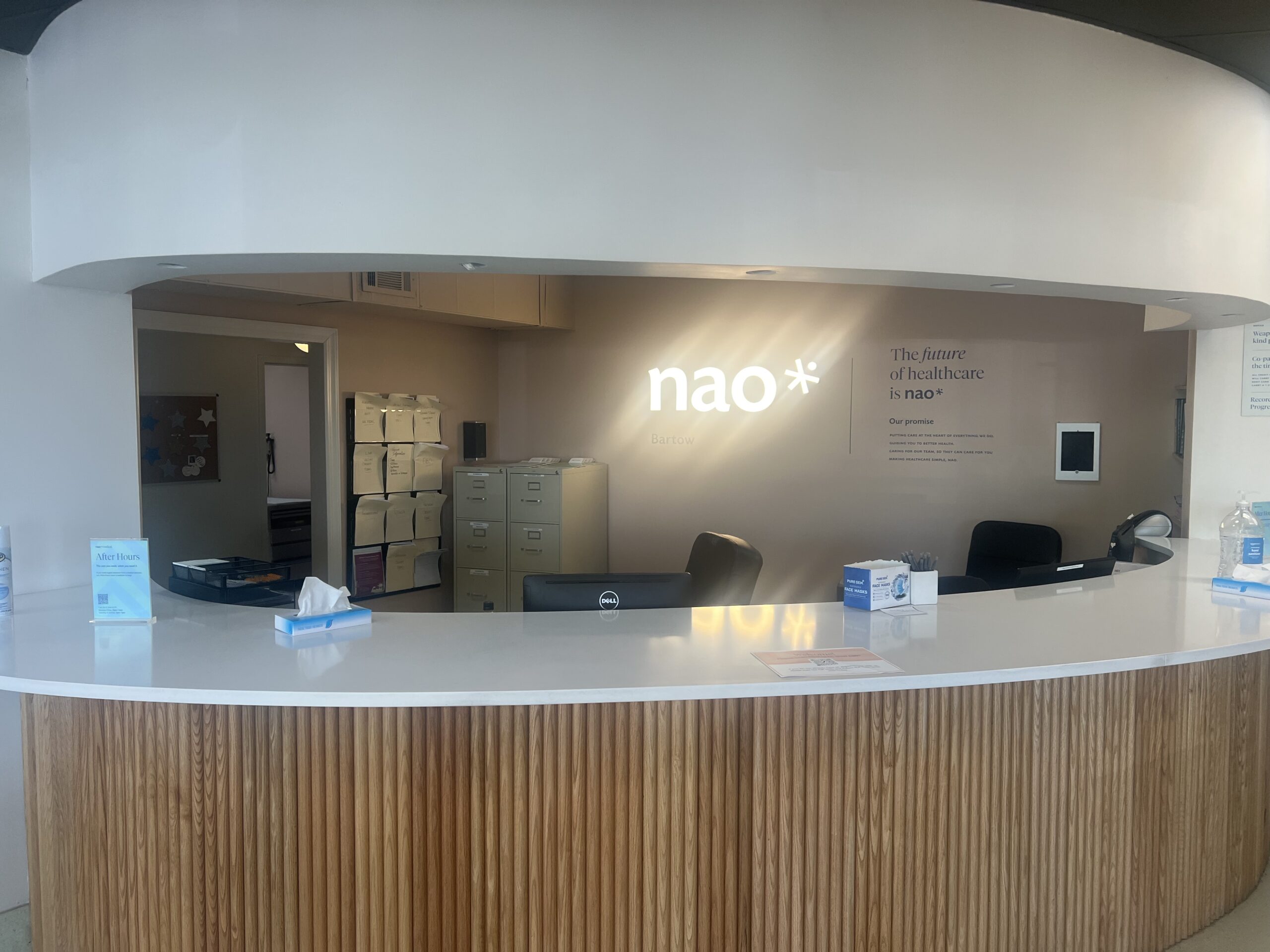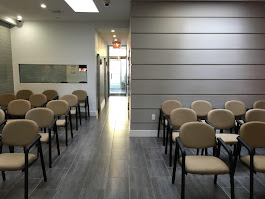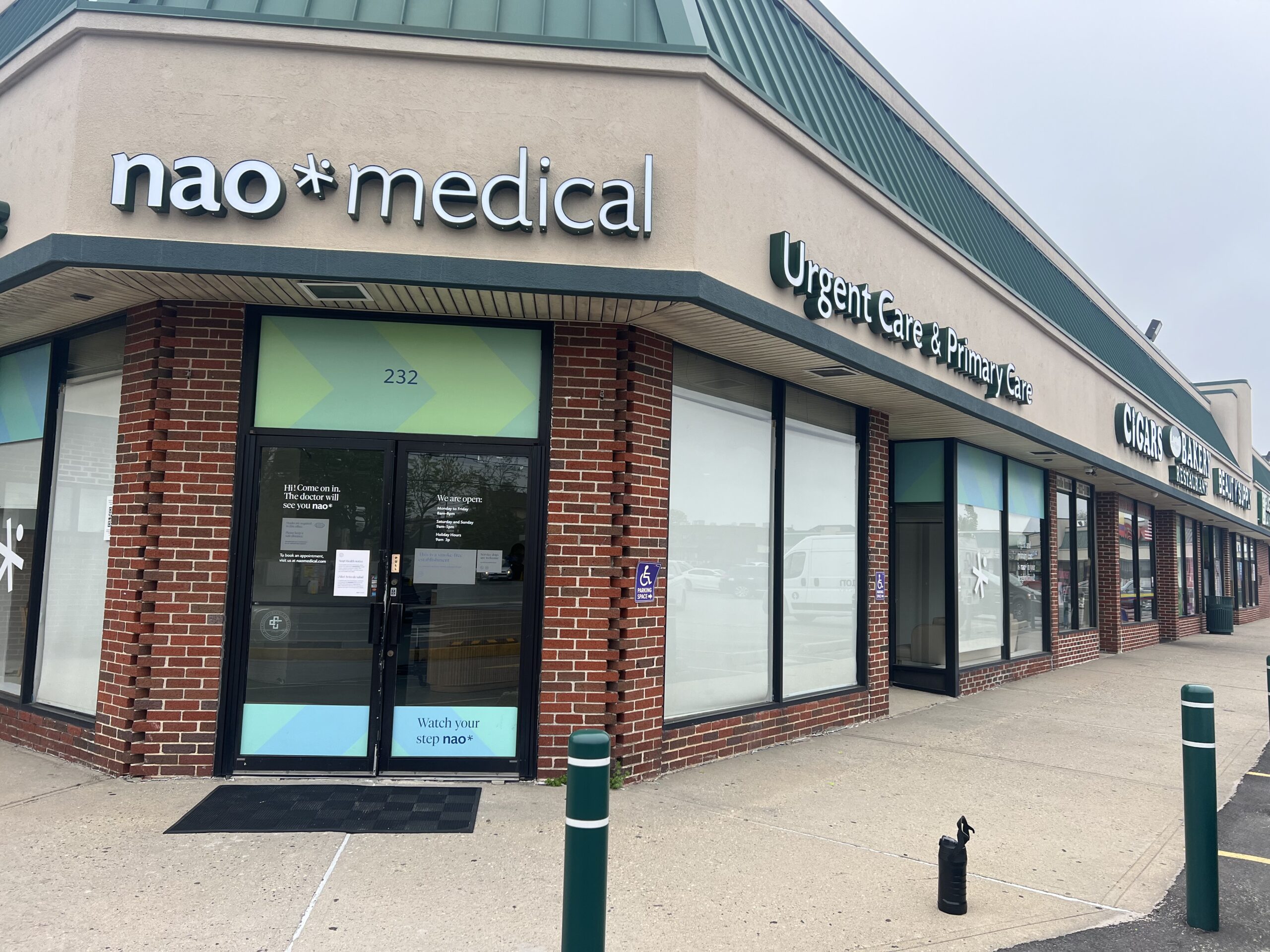Experiencing a miscarriage can be a devastating experience for any woman. It can lead to feelings of sadness, grief, and even guilt. But did you know that it can also increase your risk of developing postpartum depression?
Postpartum depression is a type of depression that affects women after giving birth. It can cause feelings of sadness, anxiety, and exhaustion, and can make it difficult to bond with your baby. While postpartum depression is commonly associated with giving birth to a live baby, it can also occur after a miscarriage.
Why Does Miscarriage Increase the Risk of Postpartum Depression?
There are several reasons why experiencing a miscarriage can increase your risk of developing postpartum depression. For one, the hormonal changes that occur during pregnancy and after birth can still occur after a miscarriage. This can lead to a sudden drop in hormones, which can trigger depression.
Additionally, the grief and trauma associated with a miscarriage can also contribute to the development of postpartum depression. Women who have experienced a miscarriage may feel a sense of loss and sadness that can be difficult to overcome.
How Can Nao Medical Help?
At Nao Medical, we understand how difficult it can be to cope with the aftermath of a miscarriage. That’s why we offer comprehensive mental health services to help women who are struggling with postpartum depression.
Our team of compassionate therapists and psychologists can provide you with the support and guidance you need to overcome your depression and start feeling like yourself again. We offer same-day appointments, minimal wait times, and exceptional staff to ensure that you get the care you need when you need it.
If you’re struggling with postpartum depression after a miscarriage, don’t hesitate to reach out to Nao Medical. We’re here to help you through this difficult time.
Key Takeaways
- Experiencing a miscarriage can increase your risk of developing postpartum depression.
- Postpartum depression can cause feelings of sadness, anxiety, and exhaustion, and can make it difficult to bond with your baby.
- Nao Medical offers comprehensive mental health services to help women who are struggling with postpartum depression.
FAQs
What are the symptoms of postpartum depression after a miscarriage?
The symptoms of postpartum depression after a miscarriage are similar to those experienced after giving birth to a live baby. They can include feelings of sadness, anxiety, and exhaustion, as well as difficulty bonding with your baby.
How long does postpartum depression after a miscarriage last?
The duration of postpartum depression after a miscarriage can vary from woman to woman. Some women may experience symptoms for a few weeks, while others may experience them for several months.
Can postpartum depression after a miscarriage be treated?
Yes, postpartum depression after a miscarriage can be treated. Therapy, medication, and lifestyle changes can all be effective in managing symptoms and helping women recover.
Call to Action
If you’re struggling with postpartum depression after a miscarriage, don’t suffer in silence. Contact Nao Medical today to schedule an appointment with one of our compassionate therapists or psychologists. We’re here to help you through this difficult time.
Learn more about our mental health services.
Sources:







 (917) 310-3371
(917) 310-3371